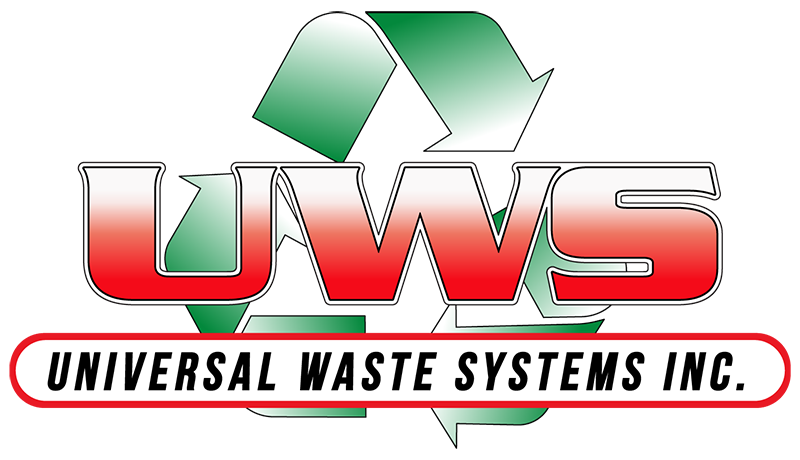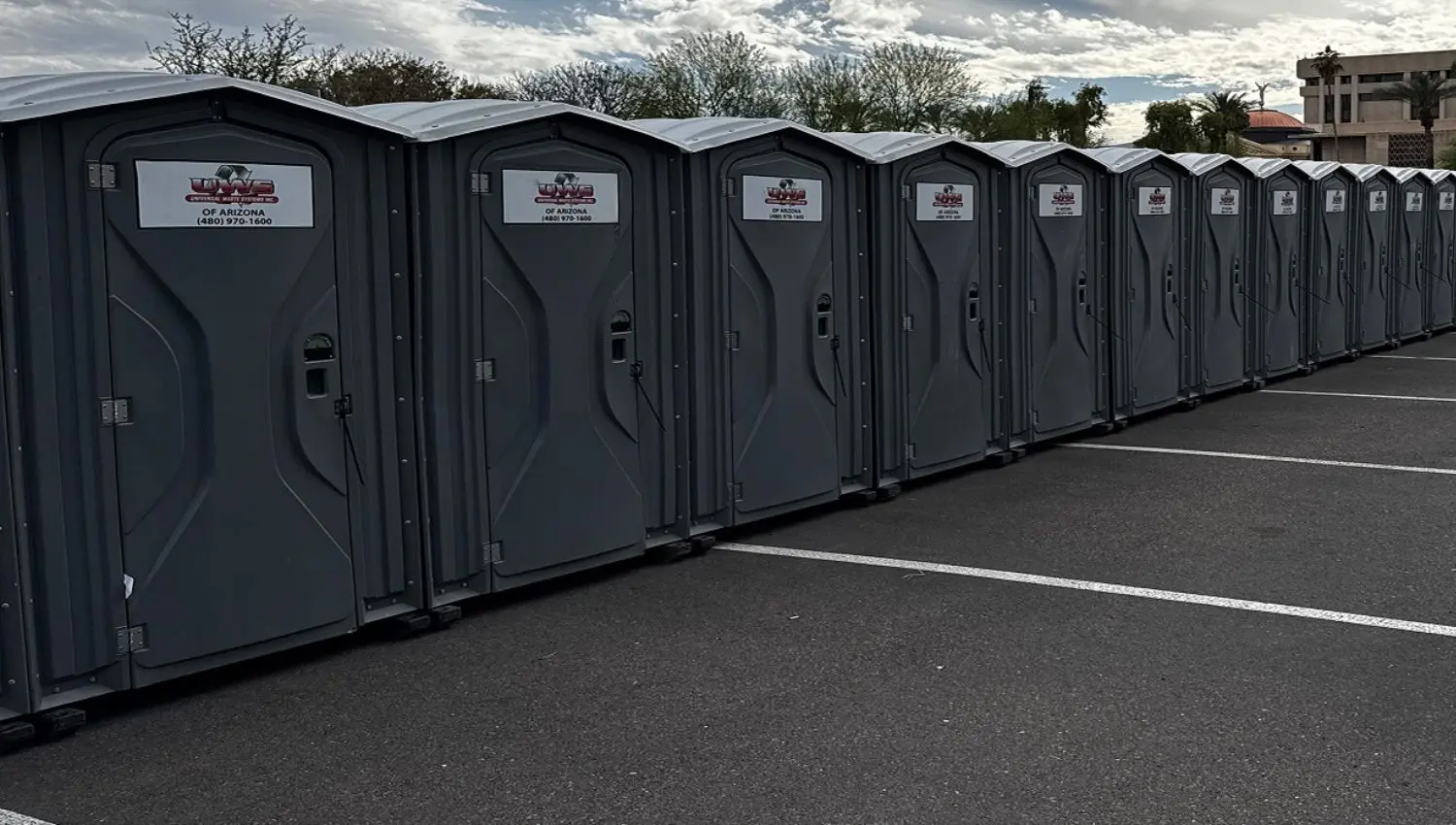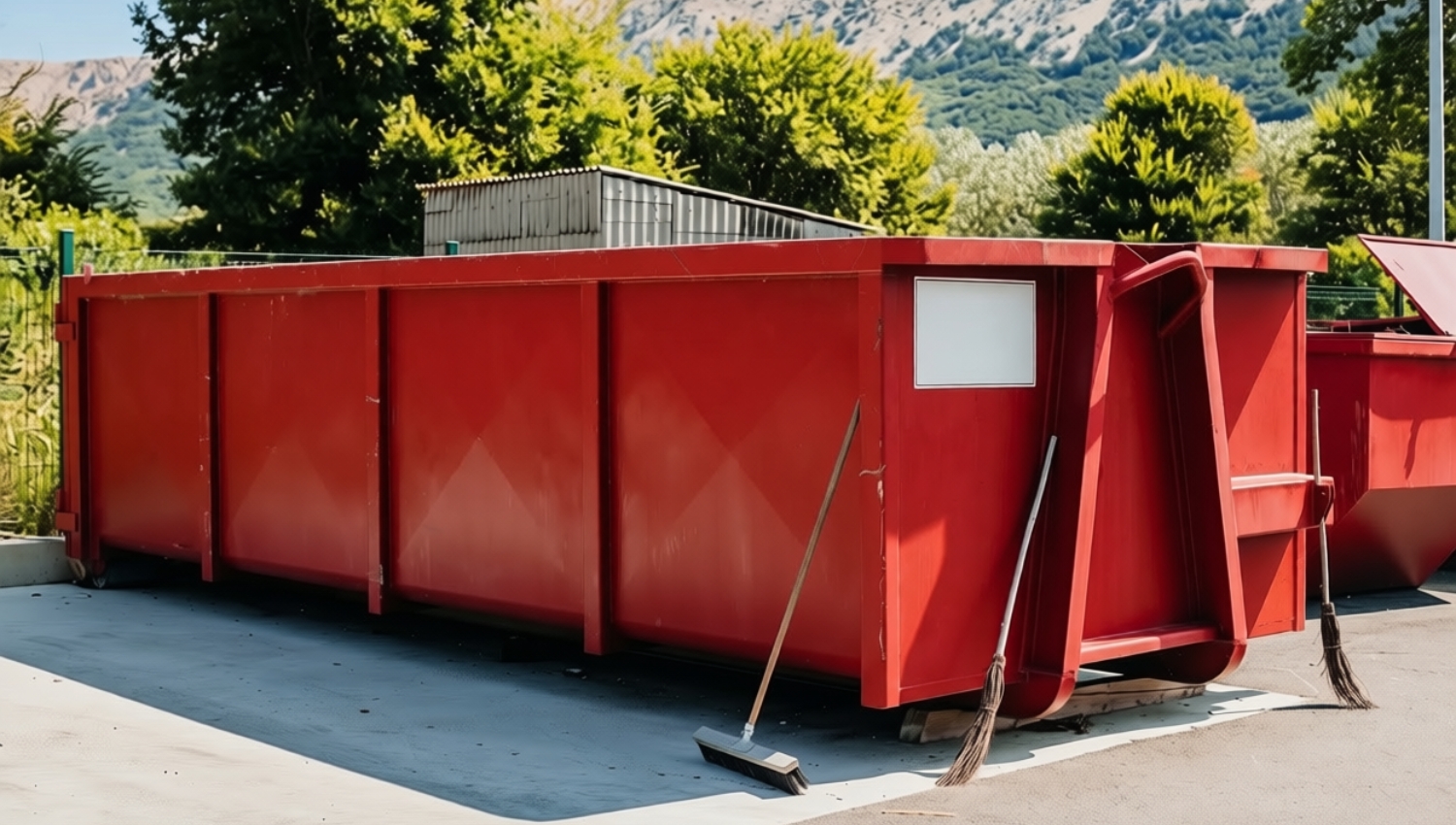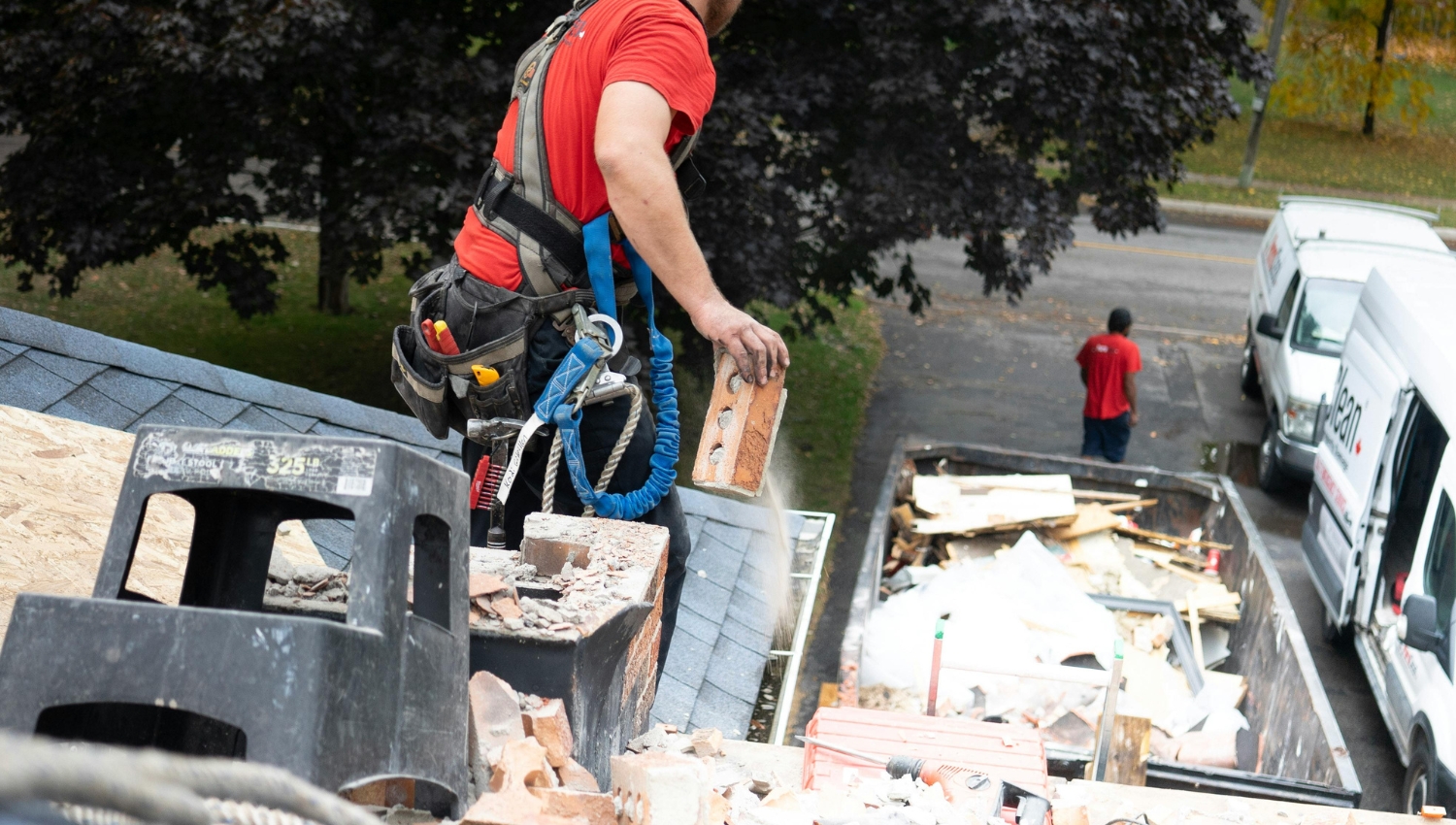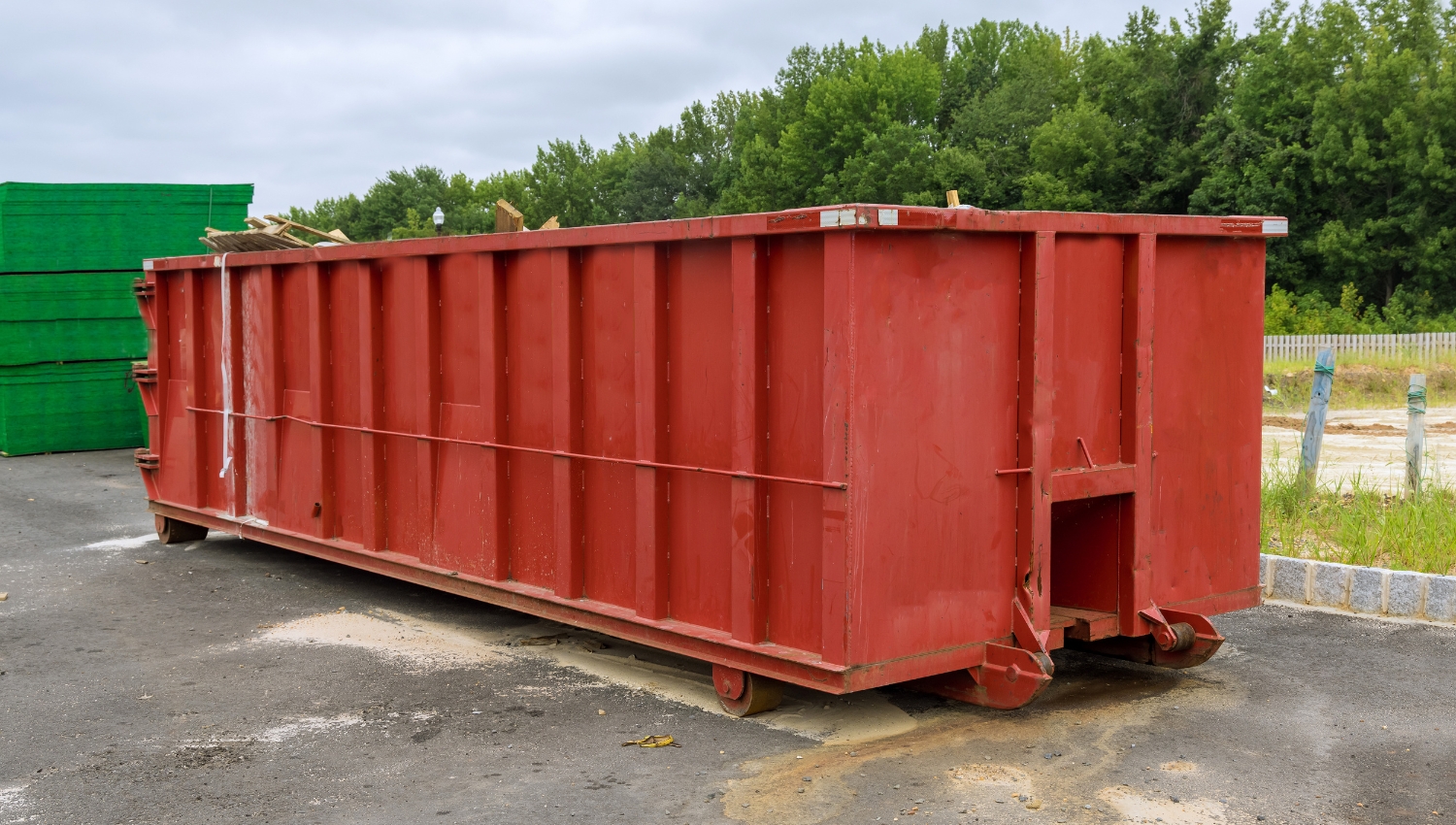Accessibility isn’t a courtesy—it’s a legal requirement and fundamental right at events, construction sites, and public gatherings. Standard porta potties create barriers that exclude wheelchair users and people with mobility challenges, limiting their ability to participate fully in community events, work on job sites, or attend outdoor celebrations. These narrow doorways, cramped interiors, and step-up entries make basic restroom access impossible for millions of Americans who rely on wheelchairs, walkers, or other mobility aids.
ADA-compliant handicap porta potties solve this problem by meeting Americans with Disabilities Act standards for accessible restrooms. These specialized units feature wide doorways, spacious interiors with turning radius for wheelchairs, grab bars for stability, and ramp access eliminating steps. Beyond legal compliance, providing accessible restrooms demonstrates genuine commitment to inclusion, ensuring every guest, worker, or attendee has dignified access to essential facilities.
Universal Waste Systems has provided accessible restroom solutions across Arizona, California, and New Mexico for three generations, bringing expertise in ADA compliance and practical event planning to ensure your facilities meet both legal standards and attendee needs.
What Makes a Porta Potty ADA Compliant
Legal Requirements
The Americans with Disabilities Act establishes standards for portable restrooms at public events and construction sites. General guidelines suggest one ADA-compliant unit for every 20 standard porta potties, though local codes may require different ratios. ADA compliance becomes mandatory at public events, government projects, and construction sites, with non-compliance bringing fines, lawsuits, and project delays that far exceed rental costs.
Physical Specifications
ADA-compliant units require minimum 60-inch by 60-inch interior floor space—significantly larger than standard porta potties. Door openings must provide at least 32 inches of clear width for wheelchair passage. Interior grab bars get installed at specific heights and locations for stability during transfers. The spacious interior allows complete 360-degree wheelchair turning radius. Door handles and locks must be operable with one hand without tight grasping or twisting.
Features That Ensure Accessibility
Flat entry with ramp access eliminates steps that block wheelchair users. Ground-level placement on firm, stable surfaces prevents tipping and ensures safe access. Interior layouts position toilets, grab bars, and supplies within reach ranges specified by ADA guidelines. Non-slip flooring provides secure footing for users with mobility aids.
Accessibility Features That Matter
Spacious Interior
Handicap porta potties provide significantly more space than standard units, accommodating wheelchairs, walkers, and other mobility aids comfortably. The interior allows room for attendants or caregivers when assistance is needed, with sufficient turning radius for wheelchair users to maneuver and position themselves independently.
Safety Features
Sturdy grab bars mounted on walls provide stability during transfers from wheelchairs to toilet seats. Non-slip flooring prevents falls, while stable construction and wide base design eliminate tipping risks. Proper ventilation maintains air quality, and interior lighting options ensure visibility.
User-Friendly Amenities
Toilet seats sit at accessible heights for easier transfers. Hand sanitizer dispensers, paper holders, and supplies mount within reach ranges for seated users. Coat hooks get positioned at appropriate levels, and mirrors angle to accommodate wheelchair users rather than only standing heights.
Entrance Accessibility
Wide doors open outward without requiring tight grip strength. Ramps provide seamless entry eliminating steps or thresholds. Interior door latches operate simply from seated positions. Exterior signage featuring the International Symbol of Accessibility marks units clearly for those who need them.
Events and Sites Requiring ADA-Compliant Units
Public Events
Festivals, concerts, and outdoor gatherings must provide accessible restrooms for attendees. Sporting events, tournaments, community fairs, and farmers markets fall under ADA requirements when open to the public. Charity runs, walks, and large private events like weddings accessible to guests also require compliant facilities.
Construction Sites
OSHA mandates accessible facilities at construction sites, particularly on federal, state, and municipal projects. Commercial construction and renovation work in public buildings must include ADA-compliant porta potties for workers and contractors with disabilities.
Government and Municipal Projects
Parks and recreation areas, public works projects, city-sponsored events, and school district construction all require accessible restroom facilities under federal and local regulations.
Private Events with Public Access
Corporate events, conferences, outdoor retail events, food truck gatherings, and parking lot sales open to customers need ADA-compliant units to ensure legal compliance and accessibility.
Best Practice Recommendations
Even when not legally mandated, providing accessible units demonstrates commitment to inclusion. Consider guest demographics and anticipated attendance when planning quantities. Larger events may need multiple handicap porta potties positioned throughout the venue for convenient access.
Calculating ADA Porta Potty Requirements
General Guidelines
Standard ratio suggests one ADA unit per 20 standard porta potties, with minimum one handicap unit regardless of event size. Local codes may mandate specific requirements, so check with event venues and municipalities before finalizing quantities.
Factors Affecting Quantity
Total attendance, event duration, and attendee demographics influence how many units you need. Active events generate more restroom usage than seated gatherings. Alcohol service increases frequency. Distance between units and event areas affects accessibility and convenience.
Placement Considerations
Accessible pathways must connect parking and event areas to handicap porta potties. Firm, level ground ensures safe placement. Position units close to activities without blocking access routes. Large venues need multiple locations. Place near other accessible amenities like parking and seating.
Consulting for Compliance
Universal Waste Systems helps determine appropriate quantities based on your event specifics, reviews local ordinances, and conducts site assessments for optimal placement meeting both legal requirements and practical accessibility needs.
Renting ADA-Compliant Restrooms
Planning Ahead
Book handicap porta potties early, especially during peak event seasons. Confirm ADA requirements with your venue or municipality to ensure compliance. Discuss placement locations and accessible routes with your rental provider. Coordinate delivery timing with event setup schedules.
Ordering Process
Determine quantity needed based on attendance and local requirements. Request a quote specifying ADA-compliant units. Schedule delivery date and time. Confirm exact placement locations on-site. For multi-day events, arrange regular servicing schedules.
Delivery and Setup
Professional crews place units on firm, level ground meeting accessibility standards. Ramps get properly secured for safe entry. Placement gets verified for ADA compliance. Required signage with the International Symbol of Accessibility is installed. Units arrive fully stocked with supplies.
During Event/Project
Regular servicing maintains cleanliness standards. Supplies get restocked—toilet paper, hand sanitizer, and essentials. Multi-day events receive waste removal and thorough cleaning. Quick response addresses any issues during your event.
Pickup
Scheduled removal happens promptly after completion. Sites are left clean. Flexible pickup timing accommodates event breakdown schedules and contractor needs.
Understanding Handicap Porta Potty Pricing
Base Rental Costs
Handicap porta potties cost more than standard units due to larger size and specialized accessibility features. Base pricing includes delivery, pickup, standard rental period, initial servicing, and full supply stocking.
Factors Affecting Price
Rental duration influences cost—daily, weekly, and monthly rates vary. Delivery distance from our facilities affects pricing. Servicing frequency required for your event or project impacts total cost. Quantity of units rented can unlock volume discounts. Peak season demand during spring and summer affects availability and pricing. Additional features like handwashing stations or interior lighting add to base rates.
Multi-Unit Discounts
Package pricing combines standard and ADA units at reduced rates. Longer rental periods receive discounted pricing compared to daily rates. Bundling handicap porta potties with handwashing stations provides cost savings over separate rentals.
Value Beyond Cost
Legal compliance avoids fines, lawsuits, and liability that dwarf rental costs. Inclusive events attract broader attendance and participation. Positive reputation for accessibility builds community goodwill. Professional appearance of well-maintained accessible facilities reflects overall event quality and organizational values.
Transparent Pricing
We provide free quotes upfront with clear breakdowns of included services. No hidden fees surprise you later. You understand exactly what you’re paying for before committing.
Accessible Restroom Solutions You Can Trust
ADA Expertise
Universal Waste Systems maintains thorough knowledge of federal, state, and local accessibility requirements, helping you navigate compliance confidently. We provide guidance on proper unit quantities and optimal placement for your specific event or project. Our units meet or exceed ADA standards, ensuring full legal compliance.
Quality Equipment
Our wheelchair accessible porta potties receive regular inspection and maintenance, arriving clean and fully functional. Professional appearance reflects the quality standards your event or construction site deserves.
Professional Service
Uniformed, trained delivery crews handle proper placement and setup following accessibility guidelines. Reliable servicing schedules keep units clean throughout your rental period. Responsive customer support addresses questions and concerns promptly.
Comprehensive Solutions
Beyond handicap units, we provide standard portable toilets, executive restroom options, and portable handwashing stations for complete event and construction site sanitation solutions.
Experience
Three generations and 120 years of combined family experience serving Arizona, California, and New Mexico means we understand diverse event and project needs across industries and communities.
ADA-compliant porta potties ensure legal compliance while demonstrating genuine commitment to accessibility and inclusion. From proper specifications to professional servicing, every detail matters when providing dignified restroom access for all attendees and workers. Get in touch with us today and ensure your event or job site meets accessibility standards with equipment and service that delivers both compliance and quality.
Frequently Asked Questions
What makes a porta potty ADA compliant?
ADA compliance requires minimum 60-inch by 60-inch interior dimensions, 32-inch clear door opening, grab bars at specified heights, ramp access, and proper signage with the International Symbol of Accessibility. The interior must allow wheelchair turning radius.
How many handicap porta potties do I need for my event?
General guidelines suggest one ADA unit per 20 standard porta potties, with minimum one handicap unit regardless of size. Requirements depend on attendance, event duration, and local codes.
Are handicap porta potties required by law?
Yes, ADA-compliant units are legally required at public events, construction sites, and government projects. Non-compliance brings fines, lawsuits, and project delays.
How much does it cost to rent an ADA-compliant porta potty?
Handicap porta potties cost more than standard units due to larger size and specialized features. We provide transparent pricing with free quotes. Legal compliance avoids fines far exceeding rental costs.
Can a standard porta potty accommodate wheelchair users?
No. Standard units lack sufficient space for wheelchairs, have narrow doorways, include step-up entry, and lack grab bars required for safe transfers. Only ADA-compliant units provide genuine accessibility.
How often should handicap porta potties be serviced?
More frequently than standard units due to higher usage. Daily servicing is recommended for multi-day events to ensure cleanliness and proper function of accessibility features.
What’s the difference between handicap and executive porta potties?
Handicap units focus on accessibility—spacious interiors, grab bars, ramp access, and ADA compliance. Executive units emphasize upgraded amenities like flushing toilets and premium finishes without necessarily meeting accessibility requirements.
How far in advance should I book ADA porta potties?
Book early, especially during peak seasons or for large events. Early booking ensures availability and allows time for proper placement coordination and permits.
